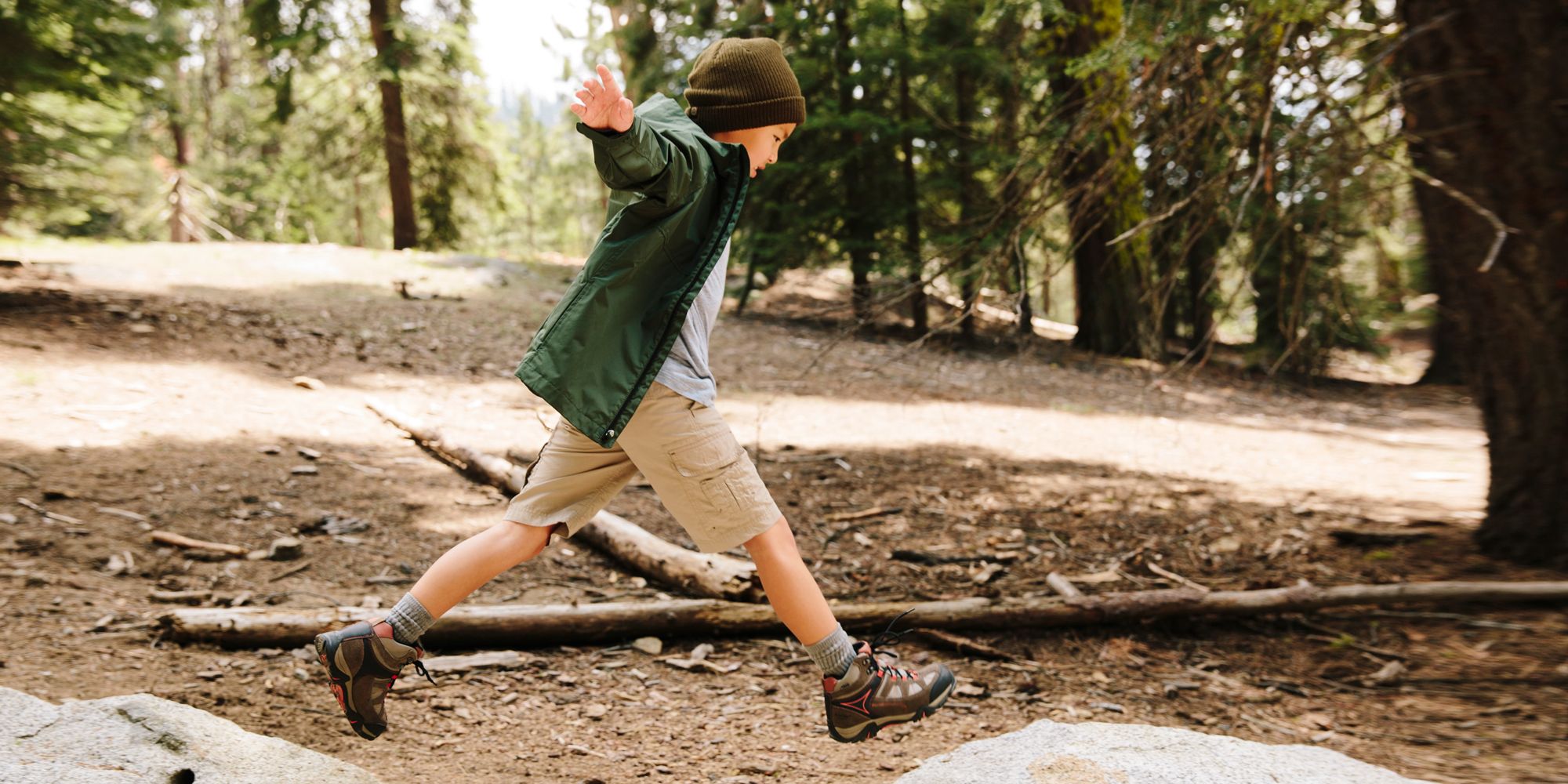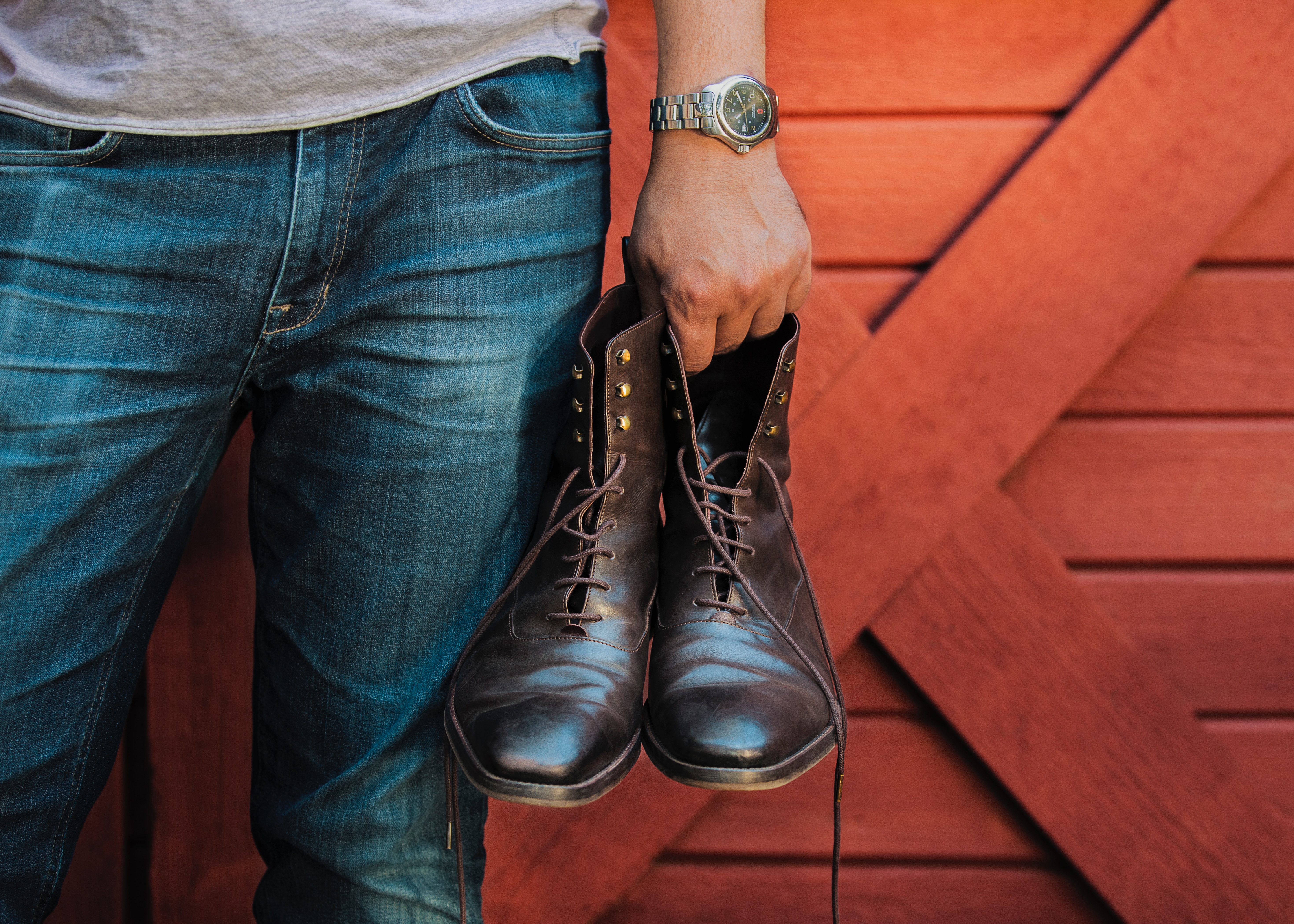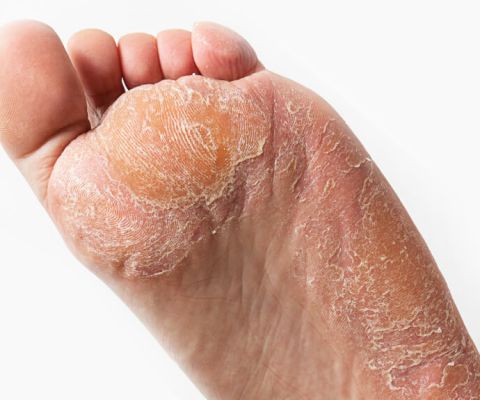Are You a Runner Who Has Had a Knee Replacement or Injury?

Have you experienced a knee injury or had a knee replacement? Well, you are not alone. Knee injuries can affect runners of any age group and in any sport, whether professional or recreational. Plus, knee injury is among one of the top injuries that occur in runners.
In the event that you have had a previous knee injury, you may be at a higher risk of needing a knee replacement. Let’s talk about some ways to be proactive and save our knees while running.
Causes of Knee Injury In Runners
Knee injuries can be caused by a number of things. Below you will find a few of the most common causes.
- Overuse/over training
- Overweight
- Different types of arthritis
Over training and overuse can put extra strain on your tendons, ligaments, and joints. Without allowing your body time to recover, it could lead to injury. We all want to set a new personal record, but we have to allow time for our bodies to reset and rebuild.

The types of conditions that can cause damage to your bone tissue are rheumatoid arthritis and osteoarthritis. Rheumatoid arthritis is an autoimmune disorder the causes your body to attack your joints. These attacks can result in the deconstruction of your bones and possibly cause your joints to have an abnormal appearance.
This is a stark contrast to osteoarthritis which is the result of wearing down of the cushion between your joints from regular everyday activities. But, having a previous knee injury does increase your risk of developing this condition.
Also, the severity and frequency of the surgery are all contributing factors. Being overweight can add extra force on your joints and lead to an early onset of arthritis.
Prevention & Treatment
If you have suffered from a knee injury, you always want to be on the proactive side of things. Prevention may help you to decrease pain, further damage, and help you to maintain functional mobility.
If you have had a partial or total knee replacement, running is not the activity for you. We will discuss some exercises that are more ideal.
Things to keep in mind while training:
- Remember to stretch
- Ice to decrease swelling and to help with pain
- Use warm compress to decrease tension
- Switch up your training (cross-training)
- Incorporate rest days
- Warm-up before exercising
- Make sure you gradually build endurance
If you are having challenges with losing weight, it may be time to consult a nutritionist. They can help you evaluate where you are having difficulties in your meal planning and what your triggers are. Also, remember to utilize your providers, they are awesome resources.
For individuals with rheumatoid arthritis, be sure to stick to the medication regimen that your provider suggests for you. If the medications are not working or if you are experiencing side effects, let your providers know. They may have a different regimen you can follow.
Exercises
If you have had a knee replacement, I am sorry, but running, jogging, tennis, and skiing are not exercises that are recommended for you. More low-impact exercises that will help to keep you moving are swimming, cycling, strength training, and walking. Like with many things, to help reduce pain and stiffness, you want to keep moving. This goes for individuals who have recently experienced a knee injury also.

The above exercises are great alternatives for a knee injury in runners. Just like with running, you will want to include rest days and stretch afterward.
Your physical trainer will give you exercises and stretches to do that will help to get you back to being the new and improved you. Ask them if they recommend any different exercises that you may incorporate into your new routine.
Things To Remember
If you are experiencing any pain with exercise, stop exercising and wait for the pain to subside before resuming your exercise regimen. Consult your doctor if the pain becomes too unbearable, you are not able to do daily activities, or if the pain lasts longer than 3 days. And when you feel better, gradually get back out there!
Also, consult your provider if you are experiencing any signs of overwhelming sadness or depression. They will be able to refer you to some who may be able to help you work through your thoughts and feelings. Not being able to go running anymore can be upsetting.
Sources
- , PREVALENCE AND FACTORS ASSOCIATED WITH INJURIES IN RECREATIONAL RUNNERS, Journal
- , The Proportion of Lower Limb Running Injuries by Gender, Anatomical Location and Specific Pathology, Journal
- , Knee Osteoarthritis, Journal
- , Knee Replacement, Clinic
- , Knee Pain, Org/Website
- , Overview: Knee Replacement, Org














